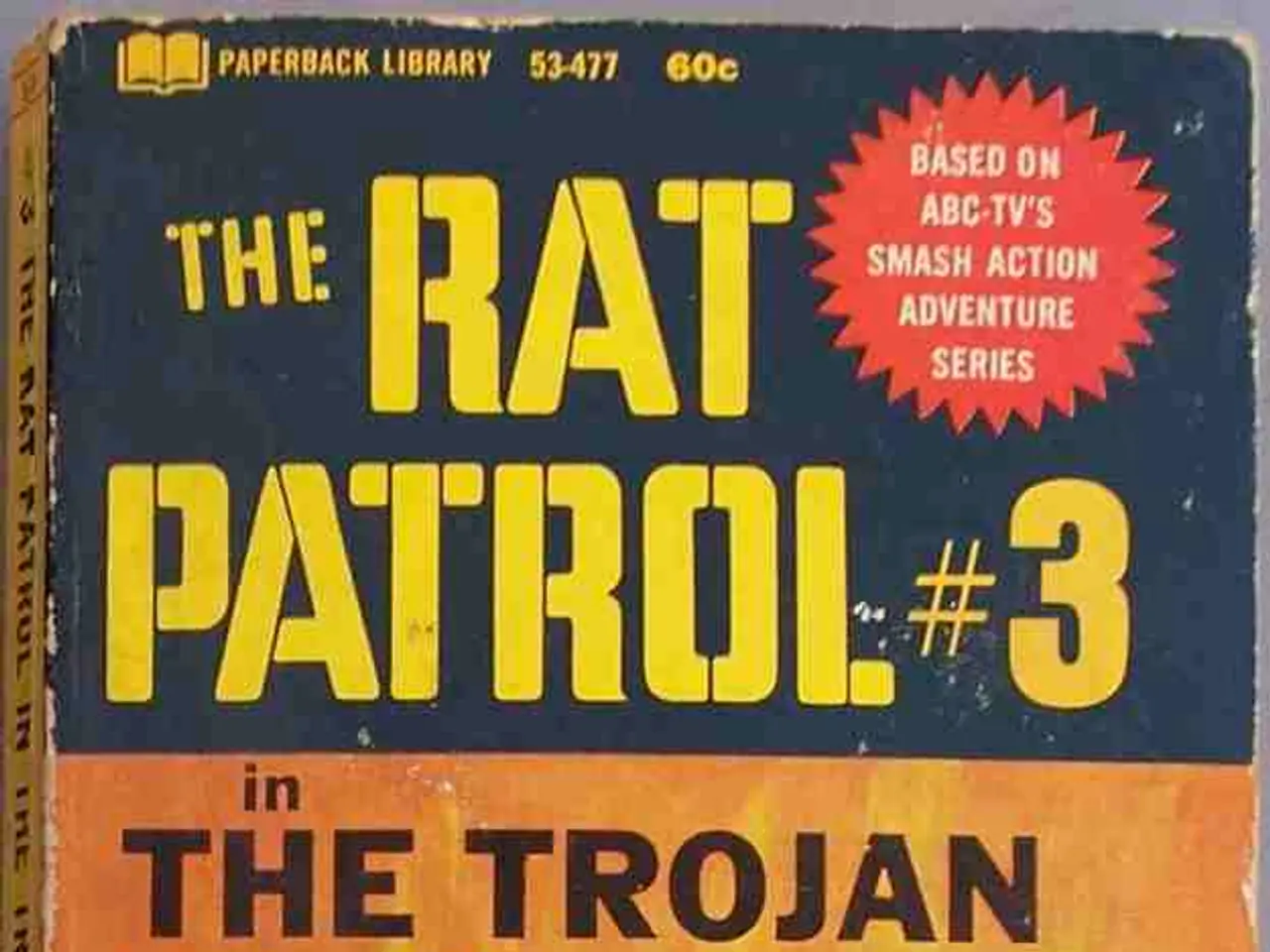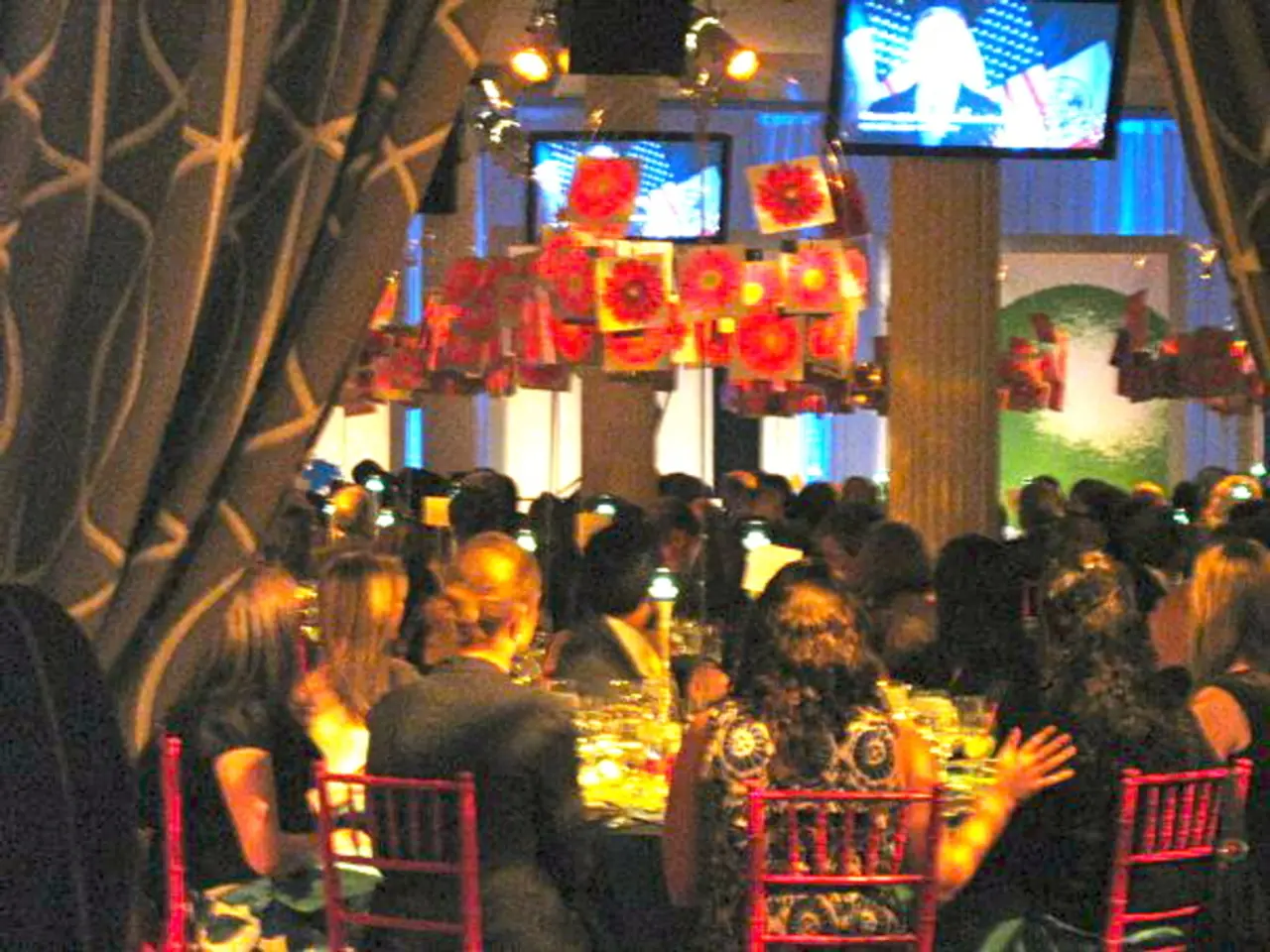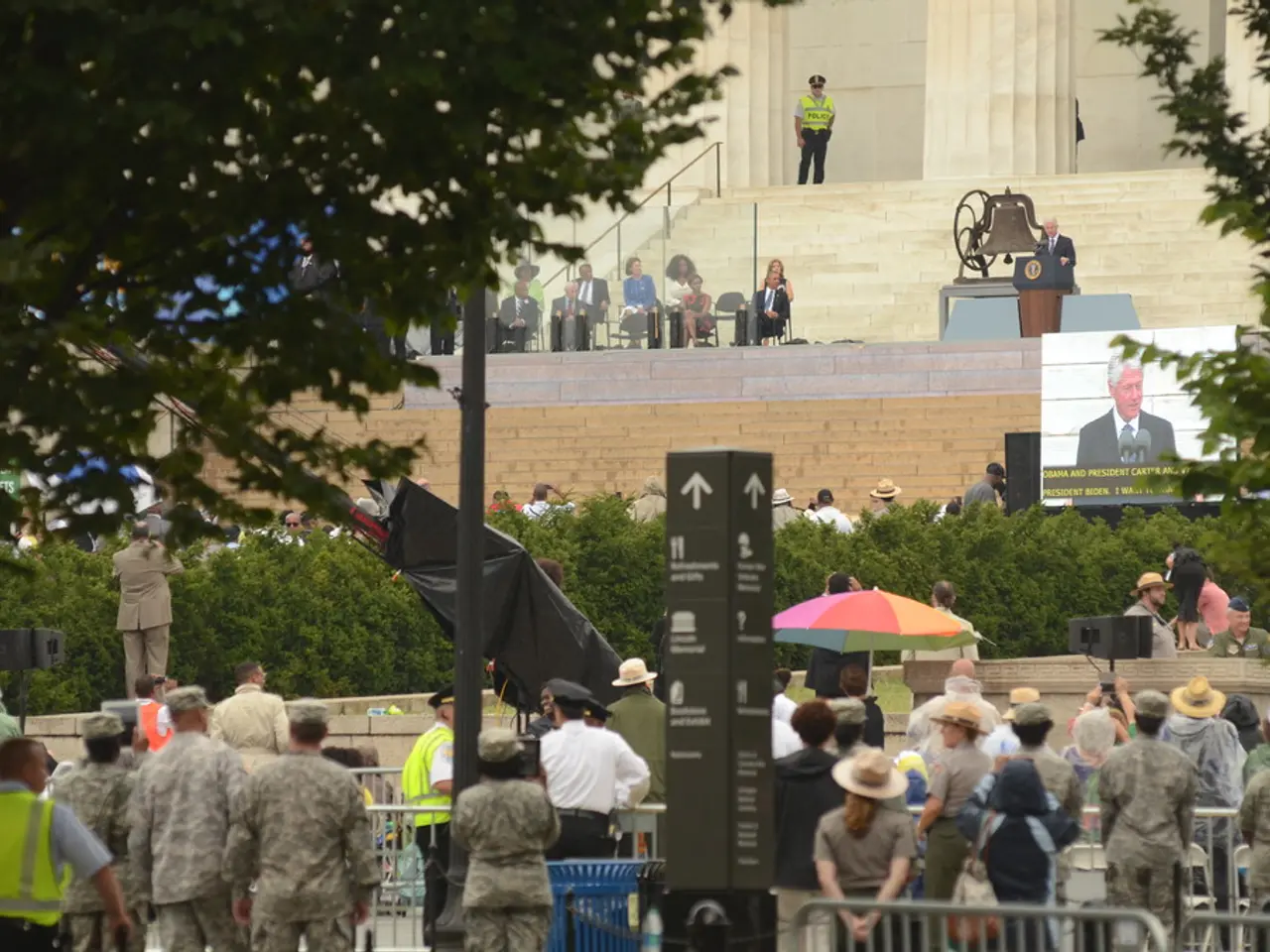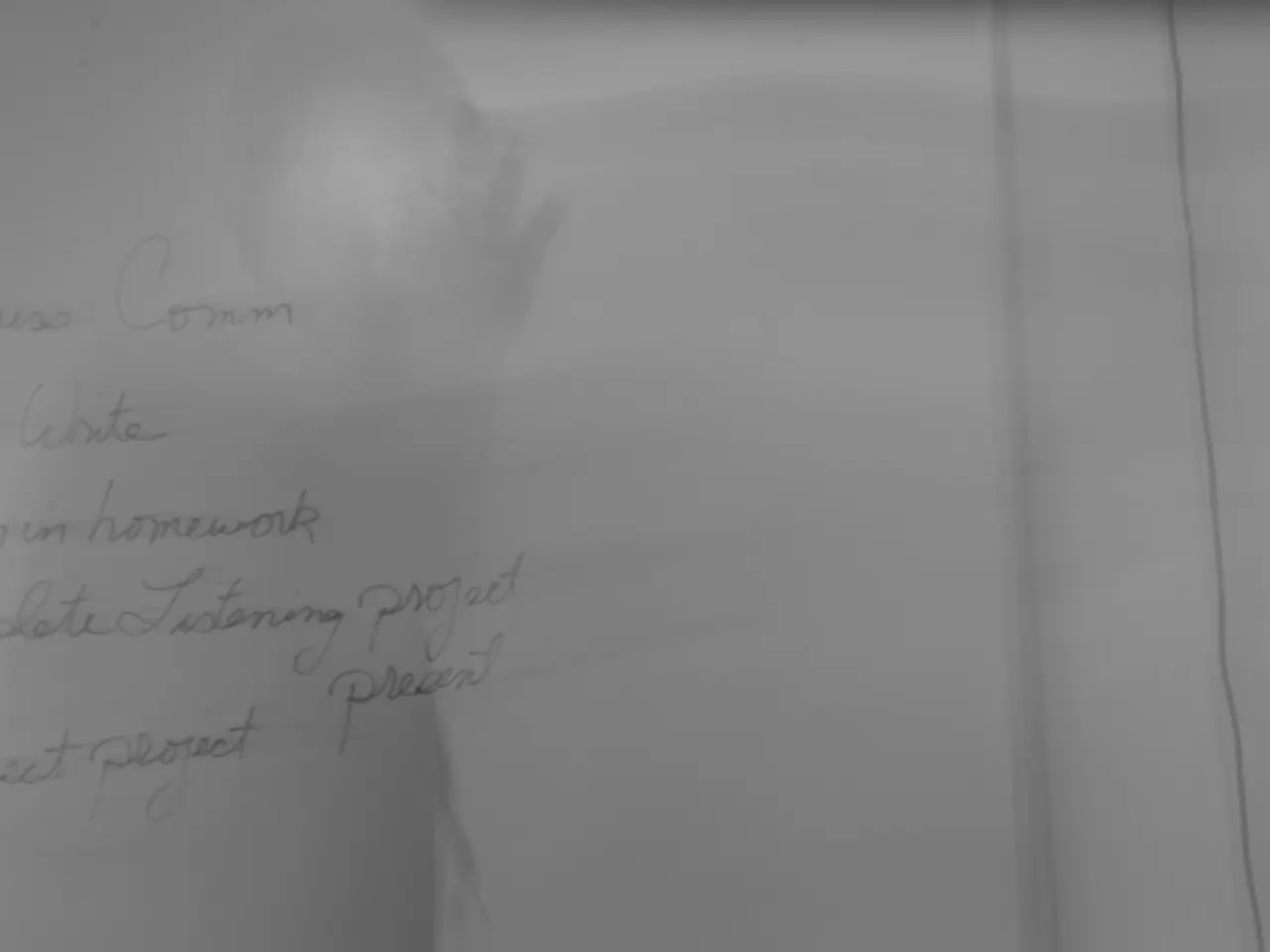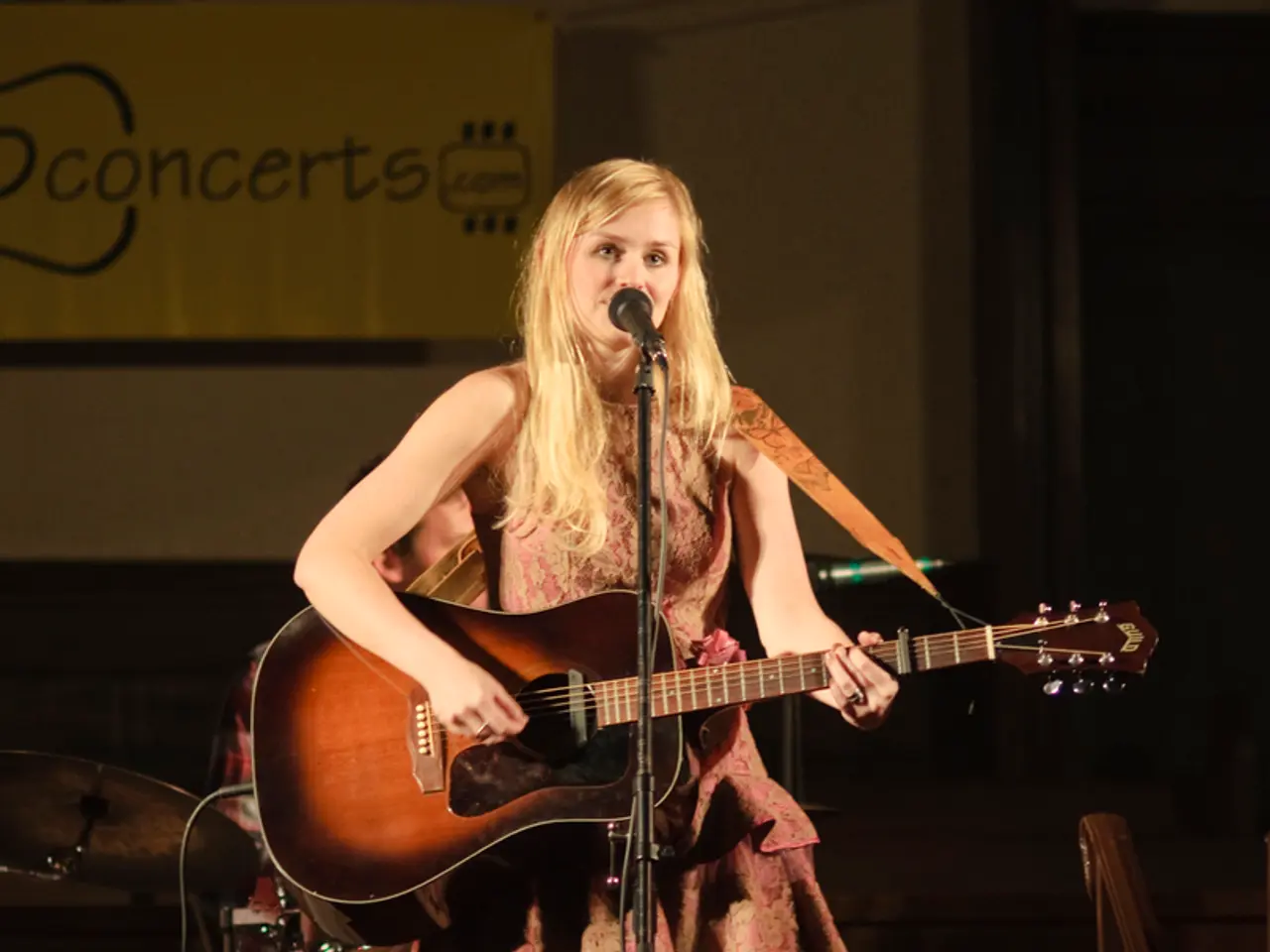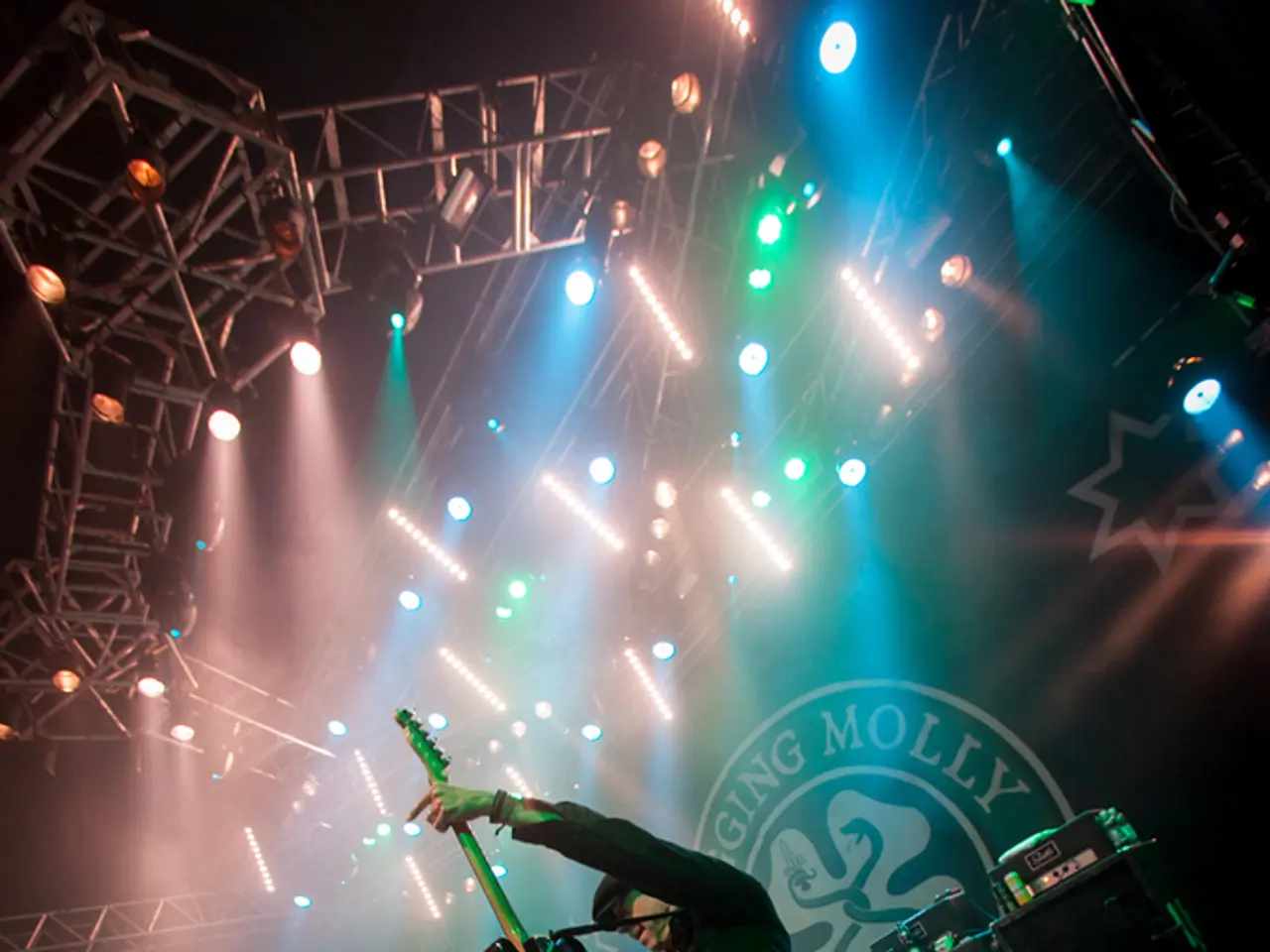Historian expresses dissatisfaction with Steinmeier's visit to the Baltic region
In the midst of the ongoing conflict in Ukraine, Russia is grappling with the looming threat of a recession. Economic indicators suggest a slowdown in production activity, tightening consumer spending, and persistently high inflation.
According to reports, the Russian economy grew by just 1.4% year-on-year in Q1 2025, marking the weakest pace in two years. This is a significant drop from the around 4.4% growth seen in the latter half of 2024, primarily due to the combined effects of Western sanctions and massive military spending related to the war in Ukraine.
Manufacturing activity is declining, and consumer spending is being curbed, with inflation remaining stubbornly high at over 10%. Business sentiment is deteriorating, and companies across various sectors are reducing output. Residential real estate sales have plunged around 40%.
The Central Bank has kept interest rates very high (around 20%) to curb inflation, but recent modest cuts are unlikely to significantly stimulate growth. Unemployment, at a historic low (~2.3%), is distorted due to many men being conscripted for the war.
Economic officials openly acknowledge the risks. Economy Minister Maxim Reshetnikov warned of an imminent recession and described current conditions as a "perfect storm." Meanwhile, the Central Bank debates further interest rate cuts to try to support the economy without triggering inflation.
The ongoing war economy, heavily dependent on military spending, has now shown its limits. Sanctions have not delivered a knockout blow but increasingly damage Russia's economic stability. If sanctions intensify further or global oil prices fall, deeper economic instability is expected. This worsening economic picture threatens to undermine President Putin's strategic calculation that Russia can outlast Ukraine and Western support financially.
Meanwhile, in Ukraine, President Volodymyr Zelensky announced that the country will receive hundreds of thousands of drones this year to aid in its defense. An agreement has been reached with a US company to ramp up production of these drones. In response, Ukrainian President Volodymyr Zelensky threatened further strikes with long-range weapons against military targets deep inside Russia's territory.
Reports of drone strikes on Russian air bases and defense enterprises continue to emerge, causing disruptions to passenger air traffic and passenger flights. The Russian Ministry of Defense has reported multiple Ukrainian drone attacks throughout the day.
As the conflict in Ukraine continues, both countries face significant economic challenges. Russia is focusing on managing a "soft landing" for its economy, while Ukraine is bolstering its defense capabilities. The ongoing tension between the two nations shows no signs of abating, with both sides digging in for a protracted struggle.
- The Russian economy, under strain from the war in Ukraine and Western sanctions, is considering reviewing its community policy and employment policies to address the rising unemployment and economic instability, as warned by Economy Minister Maxim Reshetnikov.
- As Russia grapples with potential recession and economic challenges, the Ukrainian government, bolstering its defense capabilities, has announced a policy shift towards increased production of drones, signifying a possible shift in general news and politics focusing on war-and-conflicts.
